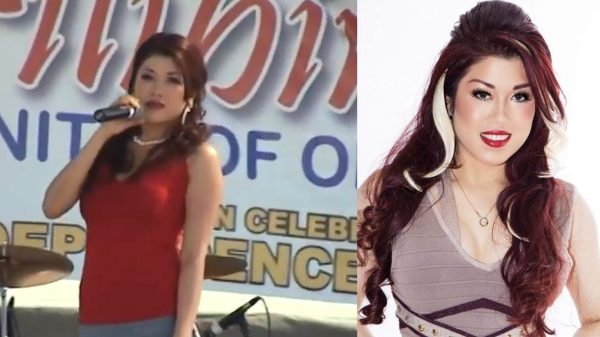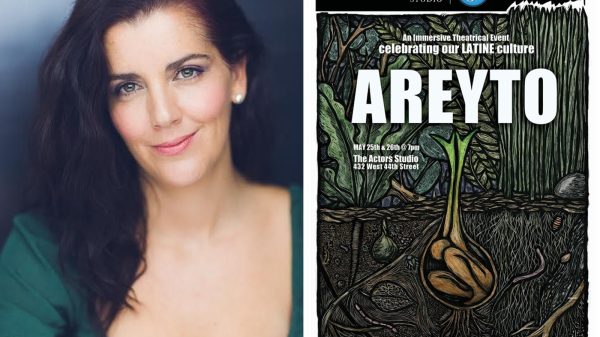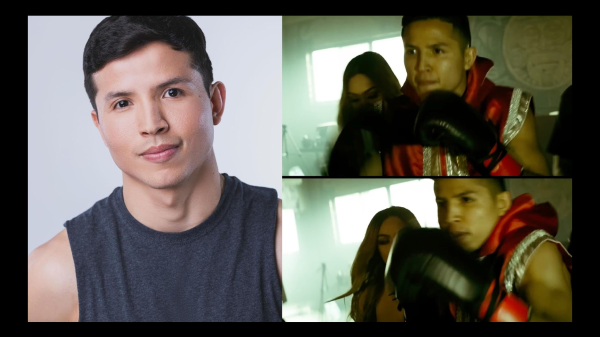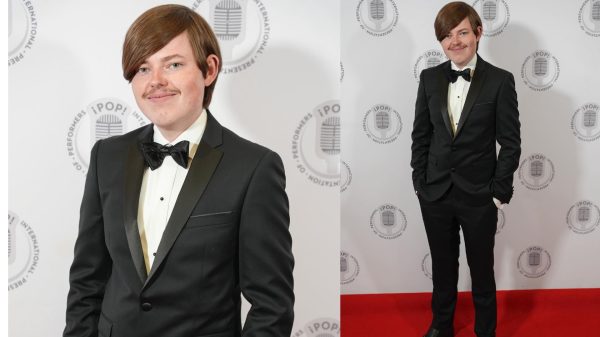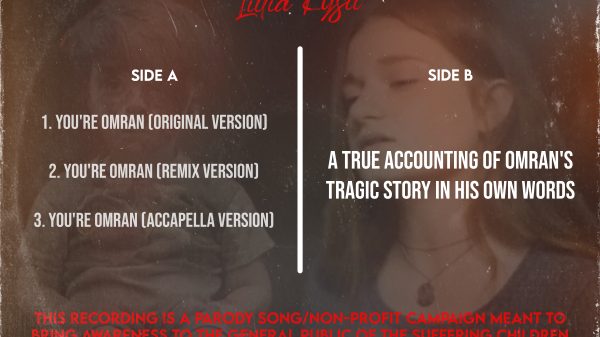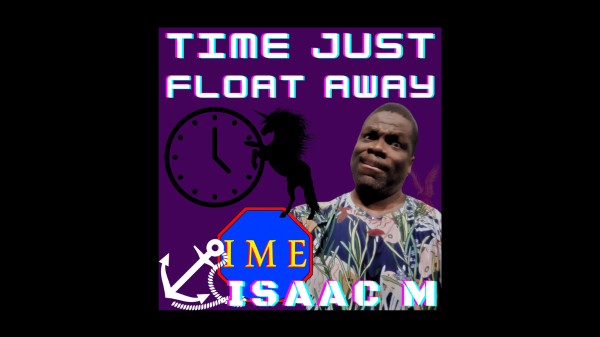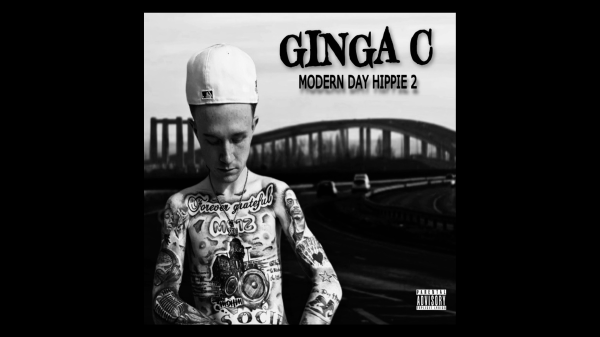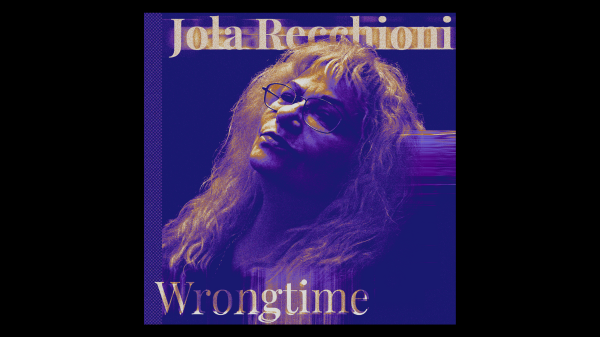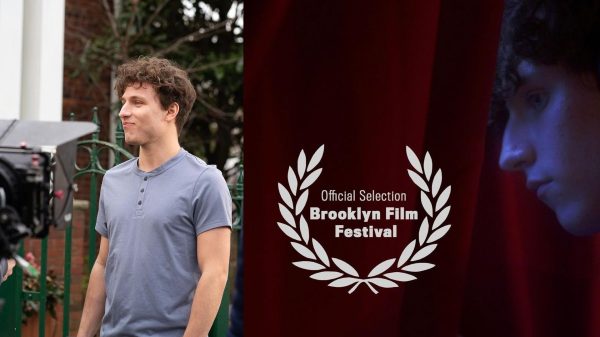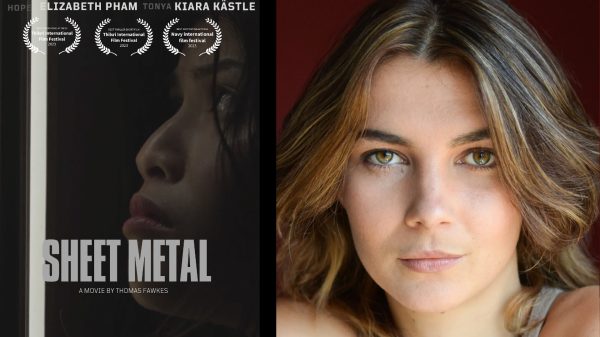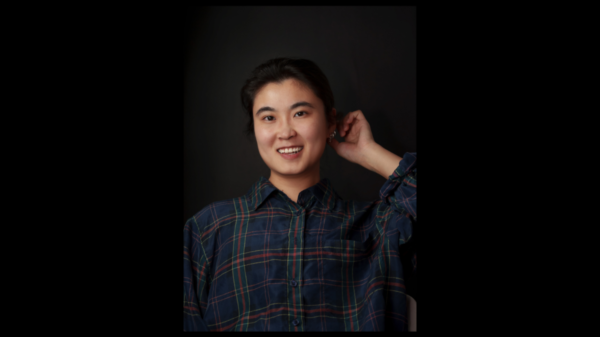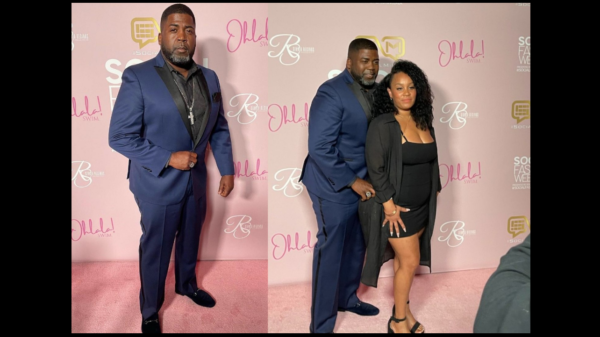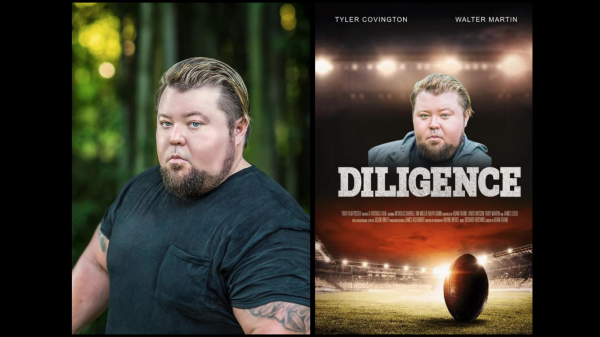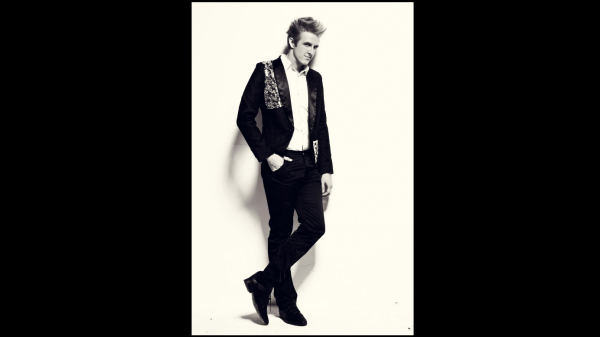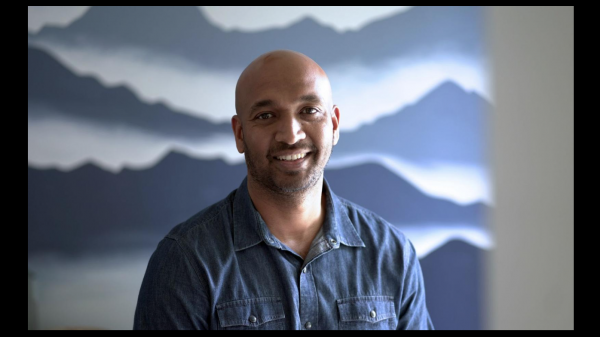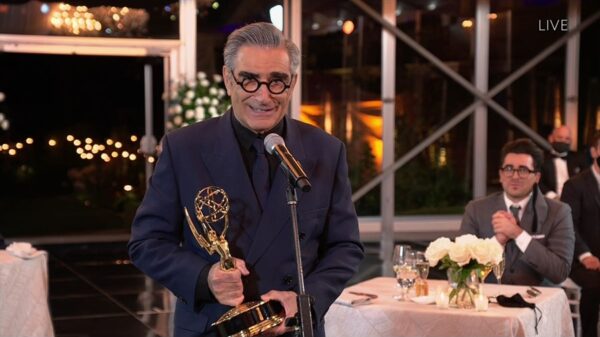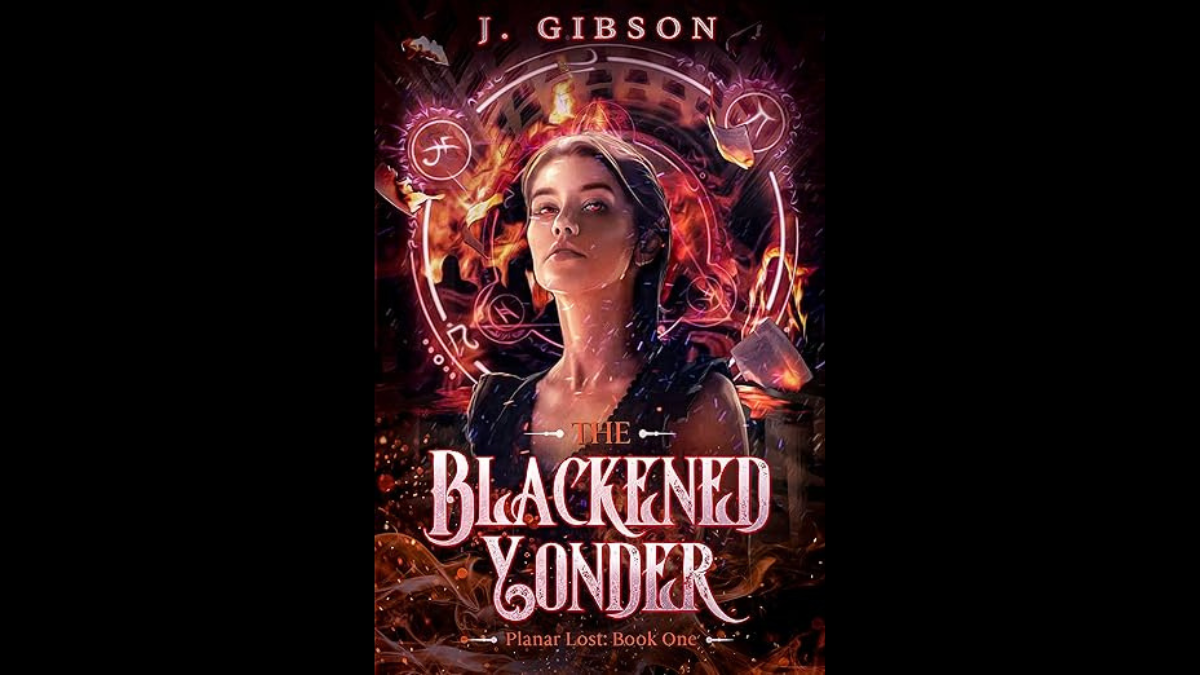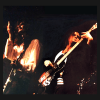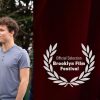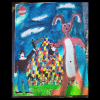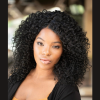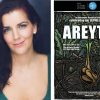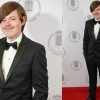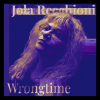Just Fame is pleased to announce a recent interview with distinguished Author J. Gibson, concerning their latest literary achievement, ‘Planar Lost Series.’ The discussion offered profound insights into the author’s creative process, forthcoming projects, and much more.
Q. Welcome to Just Fame! How are you doing?
Thanks! It’s great to be here, and I’m doing well. I’m always happy to have a chance to discuss my work.
Q. Can you share with us a glimpse into your personal life? How do your experiences shape your writing, particularly in crafting rich fantasy worlds and eerie atmospheres?
My personal experiences have been instrumental in shaping my writing. I read a lot of fiction as a kid, but for the past 15 years or so, I’ve read mostly nonfiction. As I’ve navigated life’s challenges, I’ve found that crafting my own stories provides a powerful outlet for exploring the complexities of emotion and existence, and I’m able to infuse some of my own experiences into the narratives. I also love horror films! The elements you identified in my novels sometimes reflect what I’ve felt at one point or another, or are things that I enjoy in a story myself.
Q. What inspired you to delve into the creation of two new books in your Planar Lost Series. – one centered around a vivid and immersive fantasy setting with elements of religion and magic, and the other focused on horror and dark fantasy?
The inspiration stemmed from my desire to explore and combine fantasy and horror. In The Blackened Yonder, I set out to create a vivid and immersive fantasy world where religion, magic, and political intrigue converge, while keeping the story fairly character-centered and personal in scope. I am not religious myself, but I like reading and writing about it. On the other hand, The Ember Reach allowed me to delve into darker ideas and raise the stakes of the narrative, incorporating further elements of horror as the characters traverse a world beset by malicious entities and sinister magical forces.
Q. In your opinion, what sets your fantasy world apart from others in the genre? How did you go about building such immersive settings?
This is a challenging question for me to answer because I think interpretations like this should be up to readers. One element might be that the central deity in the universe is a woman, and the culture of the setting is largely matriarchal and matrilineal. I believe I’ve done a good job of writing that as if it’s normal, without making it feel too heavy-handed. In The Blackened Yonder and onward, I’ve attempted to combine traditional fantasy components like magic and religion with more advanced technology, at least up to perhaps some Renaissance-era innovations, and I incorporated small-scale and practical or mundane uses of magic as well.
As for immersion, I spent many years on world-building, just for my own enjoyment, before I ever decided to actually sit down and write a novel. I have many more ideas for books in the setting, and hopefully, I’ll get around to them eventually! One of my beta readers told me she’s never read any fantasy books like mine, as a compliment, so I’ll accept that and let other people decide for themselves if they are any good or not.
Q. Who are some of your favorite authors, and how have they influenced your writing style and storytelling?
When it comes to literary influences, I draw inspiration chiefly from nonfiction works. The knowledge and insights in such books have been crucial in shaping my worldview and informing my writing. I must give credit as well to my editor, Mark, who has been an invaluable mentor and collaborator throughout my creative journey. He’s one of the smartest people I know and a fantastic writer; he reels me in and pushes me to refine ideas, and never holds back.
I participated in creative writing groups online from around the age of 8, and had to push myself to try to sound older in writing so people wouldn’t give me a hard time. I learned a great deal from that too. While I don’t have any major influences from fiction authors, my experiences in those creative writing groups and writing classes I’ve taken over the years have played a significant role in my development as a writer. I’m constantly learning and striving to refine my skills. If you want to learn to write, writing itself is the best teacher. Long-form writing, in particular, has helped me develop the most.
Q. Do you have any specific writing rituals or habits that help you get into the creative zone? Can you share some insights into your writing process?
I usually get inspiration to write while driving, when I can’t do anything about it, so I have to hurry to a computer and start, or at least jot down notes. I’m not sure what that’s about. When I write, I can’t listen to music or have noise in the background. I sit in total silence, with headphones on, usually at my work office. I’ve developed a personal writing style guide based on the lessons I’ve learned over the years that I follow closely.
By fully immersing myself in the sensory experiences of my fictional worlds, I find that I can maintain a consistent tone and atmosphere throughout the narrative. I rarely experience writer’s block, but on the rare occasions when I do, I’ll sometimes open a completely random book in a genre entirely different from mine, like something by Charlotte Brontë, and I’ll read a few pages. I find that if the writing style is completely different, that’s even better. That seems to reset my brain.
Q. As you developed these two books, did you encounter any unexpected challenges or surprises? How did you overcome them?
One hurdle was the intricacy of weaving together multiple character arcs and storylines in a cohesive and meaningful way. Timelines are particularly challenging, so I spend many hours creating spreadsheet calendars to try to map out exactly what happened on specific dates in the books. That is difficult. Another thing that’s tough is writing up realistic layouts for buildings, especially something like a priory.
I asked my editor to help me with this once, and he said: “You know buildings like that can have hundreds of rooms, right? No one is going to care that much.” So, I came up with a general outline for locations. However, in the recent book I’m writing, I went into significant detail in my notes. I find that not knowing the precise layout of a building becomes problematic the more the characters are in it.
I likewise find myself constantly reevaluating the pacing and structure of narratives, attempting to ensure that each thread contributes to the overarching story, either by developing the characters or the plot, and that one perspective isn’t getting boring while the other one is exciting, without making the books too formulaic. It’s a delicate balancing act, requiring careful consideration of how each character’s journey intersects with and influences the others. I overcome such problems by creating an outlining structure for them, as best I can, without worrying too much over what I don’t think readers will care much about. My editor and beta readers assist with that.
Q. What can readers expect in terms of the emotional journey when they delve into your books? How do you balance suspense, intrigue, and character development?
Although I think relatability in characters is somewhat overvalued, as occasionally we need to just experience another person’s entirely different perspective and story, my hope in writing is to create characters that feel authentic, and sometimes relatable, even as they navigate fantastical and often horrifying circumstances. I aim to keep readers invested not only in the external conflicts that drive the plot but in the internal struggles and transformations of the characters, especially the leads. On balancing suspense, intrigue, and character development, I once read that a good scene is one that reveals something about the characters, and a great scene is one that tells readers something about the characters and drives the plot forward. It’s all in the purpose, and I try to keep that framework in mind while plotting and writing.
Q. Could you give us a glimpse into your future projects? Are there any upcoming works or ideas you’re excited to explore?
I am currently writing the third book in my series, The Faceless Man, and a prequel of sorts, Kravae: Betrayal of a Mage. I hope to release both sometime in 2024, with the former being released first and the latter about a month later. Kravae is the backstory of Aitrix, a primary antagonist in The Blackened Yonder. It’s received terrific reception from my beta readers so far, with much detailed feedback, so I’m excited to finish it. Following these, all that remains for the main series is book four, The Vile God. I have extensive ideas for a sequel trilogy and a prequel trilogy, but those are a long way off.
Q. Lastly, as we ask all artists on our platform, do you have any closing thoughts that you would like to share with the world and our readers?
If I could say anything, it would be to emphasize the power of storytelling to illuminate the lived experiences of individuals in all their messiness and complexity. Writers and artists have an opportunity to hold up a mirror to society, challenge assumptions, inspire empathy, and if they don’t do the rest, to tell a decent story. Never underestimate the impact that your words can have on others, and never stop chasing the magic that comes from forging whole worlds and lives out of nothing but your imagination.
Embrace the journey, learn from every misstep, and let passion be your guide. Write what you care about and what you know, and be open to learning what you don’t. Remember that whatever you did on a given day was the best you could do at the time, and don’t be too hard on yourself. If you write a good story, readers will find you. If you write a great story, readers will stay. Only they can decide that.
About the Author: J. Gibson is an interdisciplinary researcher working in higher education. He holds degrees in criminal justice/criminology, sociology, and psychology, and is pursuing a terminal degree in education, his greatest passion. In his spare time, Gibson enjoys reading, writing, and watching. When he has no time to spare, he ends up doing these, anyway.
Order your copy now: www.amazon.com/stores/J.-Gibson/author
For more details visit: www.jgibsonwrites.com/the-blackened-yonder

